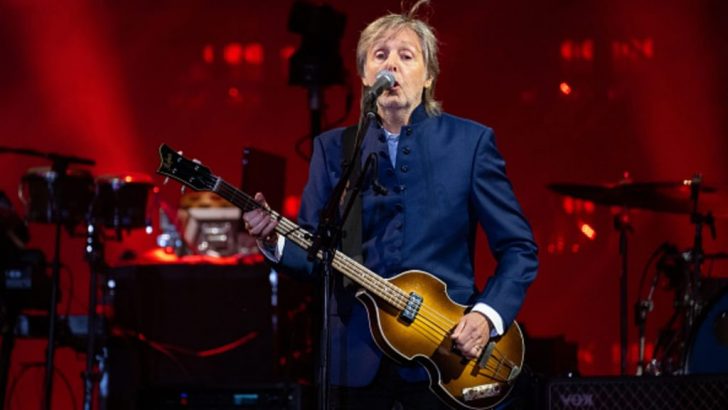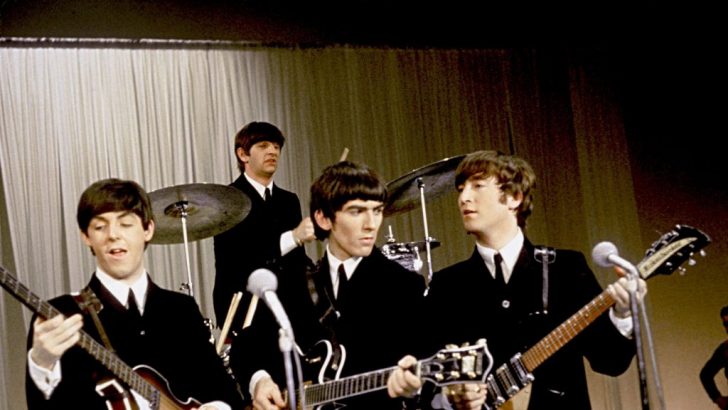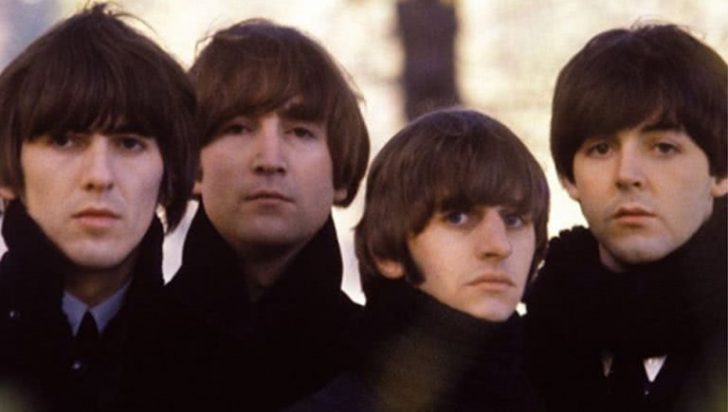The world of music has been revolutionized by new technologies. Today, musicians have access to cutting-edge tools that have completely transformed the way we create, perform, and share music.
One of the most impactful technologies in the music industry is artificial intelligence (AI). Recently, Paul McCartney, the legendary English singer, revealed that his upcoming Beatles songs are created using AI.
The news has caused a stir in the music world, with many wondering about the implications of using AI in such a creative field. This article will explore McCartney’s argument that AI is bringing “voices back from the grave.” We will also discuss the broader implications of AI in the music industry.

How AI Will Help Create New Beatles Tracks
In a recent interview, McCartney announced that AI had helped him create new Beatles tracks. According to the singer, AI was utilized to extract the vocals of his late bandmate, John Lennon, from a previously recorded track. McCartney explained that he and his team fed the AI model with a vast amount of data related to Lennon’s vocal range, style, and pitch.
The AI model was then used to isolate and extract Lennon’s vocals from old music recordings. With Lennon’s vocals extracted, McCartney could now use them in creating new Beatles songs.
The Implication of AI in the Music Industry
AI technology is rapidly transforming the music industry. The ability to use AI to extract sounds or data and create music is a game-changer for musicians and producers. With AI, they can now cut the time it takes to create new music, make music accessible to everyone, and bring back the sounds of musicians—especially the ones who have long passed away.

AI can also help fans enjoy immersive music experiences that blur the line between the real and the virtual.
The Counter-Argument to AI in Music
While AI has the potential to revolutionize the music industry, there are also concerns about its implications. Some people argue that the human element is essential in music creation and that relying on AI could lead to a sterile, soulless sound.
Plus, critics of using AI in music also fear that it may negatively impact employment opportunities in the music industry, particularly in production, engineering, and other fields.
Additionally, there are questions about intellectual property rights when AI is used to create music and whether a machine can be credited or sued for copyright infringement, for example.

The Final Word
Paul McCartney’s announcement that he used AI to help create new Beatles tracks is a landmark moment for the music industry. AI technology has opened new doors for music creation, bringing back the sounds of musicians who have long since passed away. However, there are still valid concerns about the implications of using AI in music.
Ultimately, the best approach is to embrace AI as a tool that can enhance and augment human creativity rather than replace it entirely. As AI continues to evolve, it will be exciting to see how musicians leverage it to create new and innovative sounds that move and inspire audiences.




